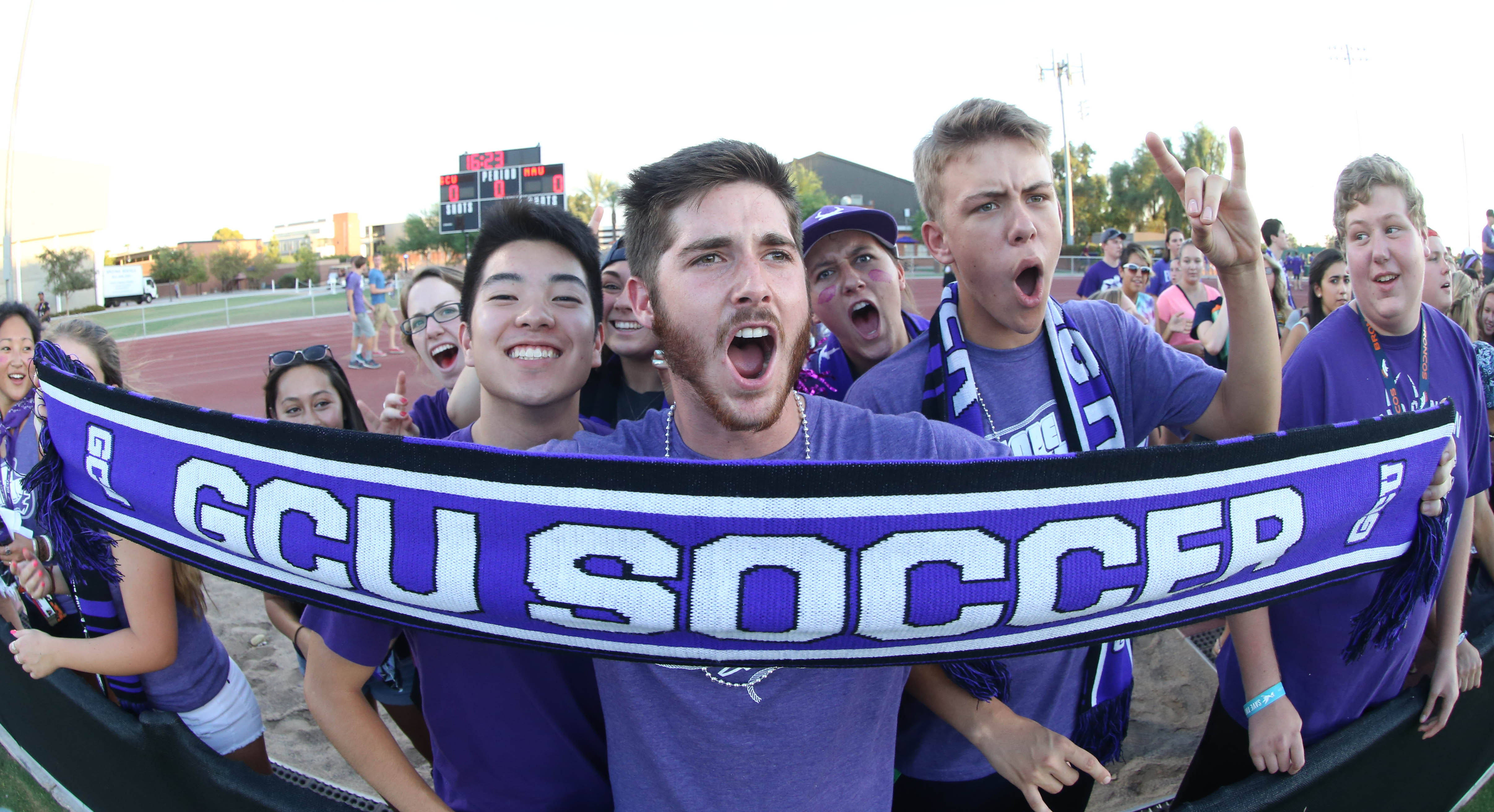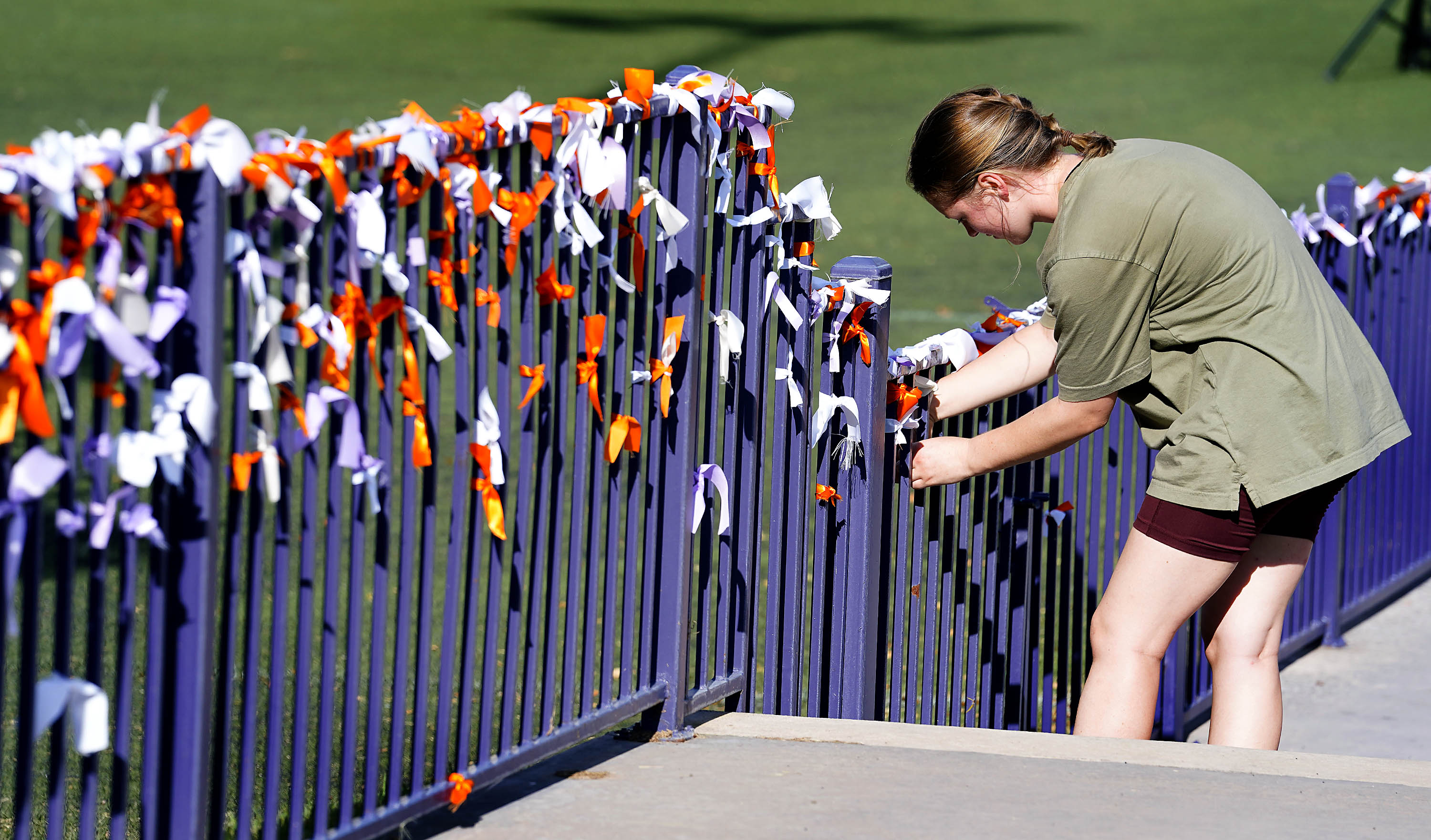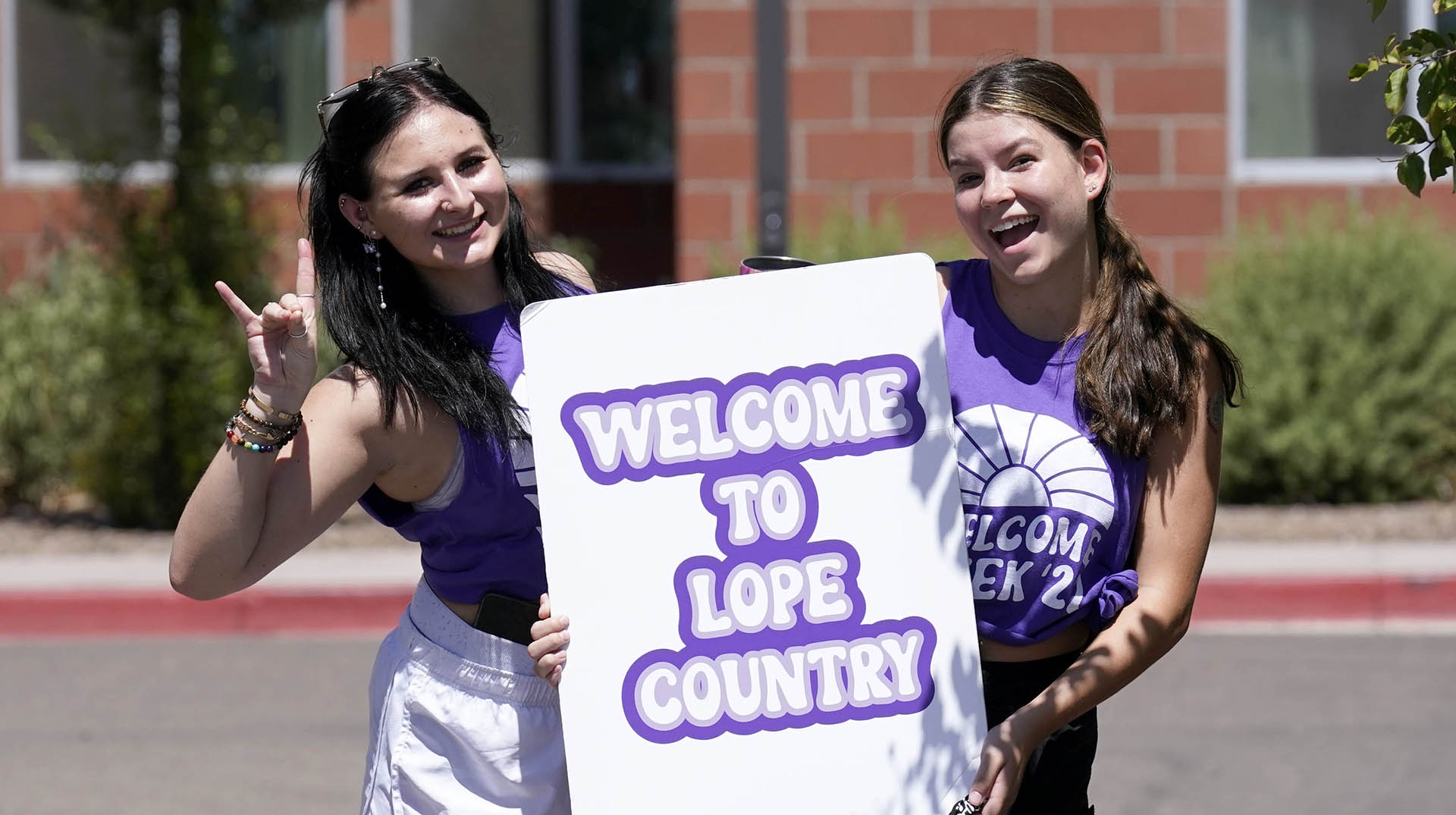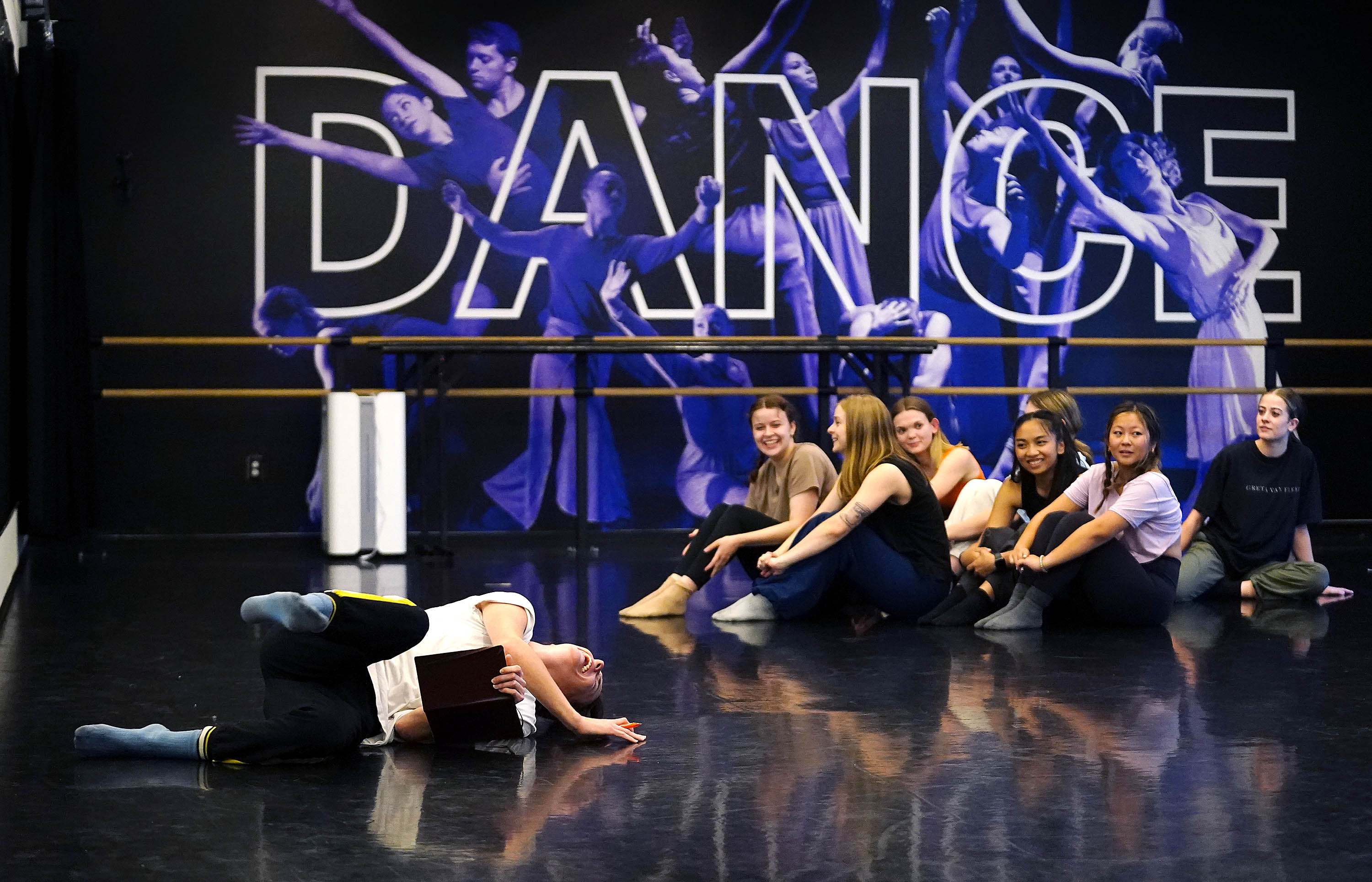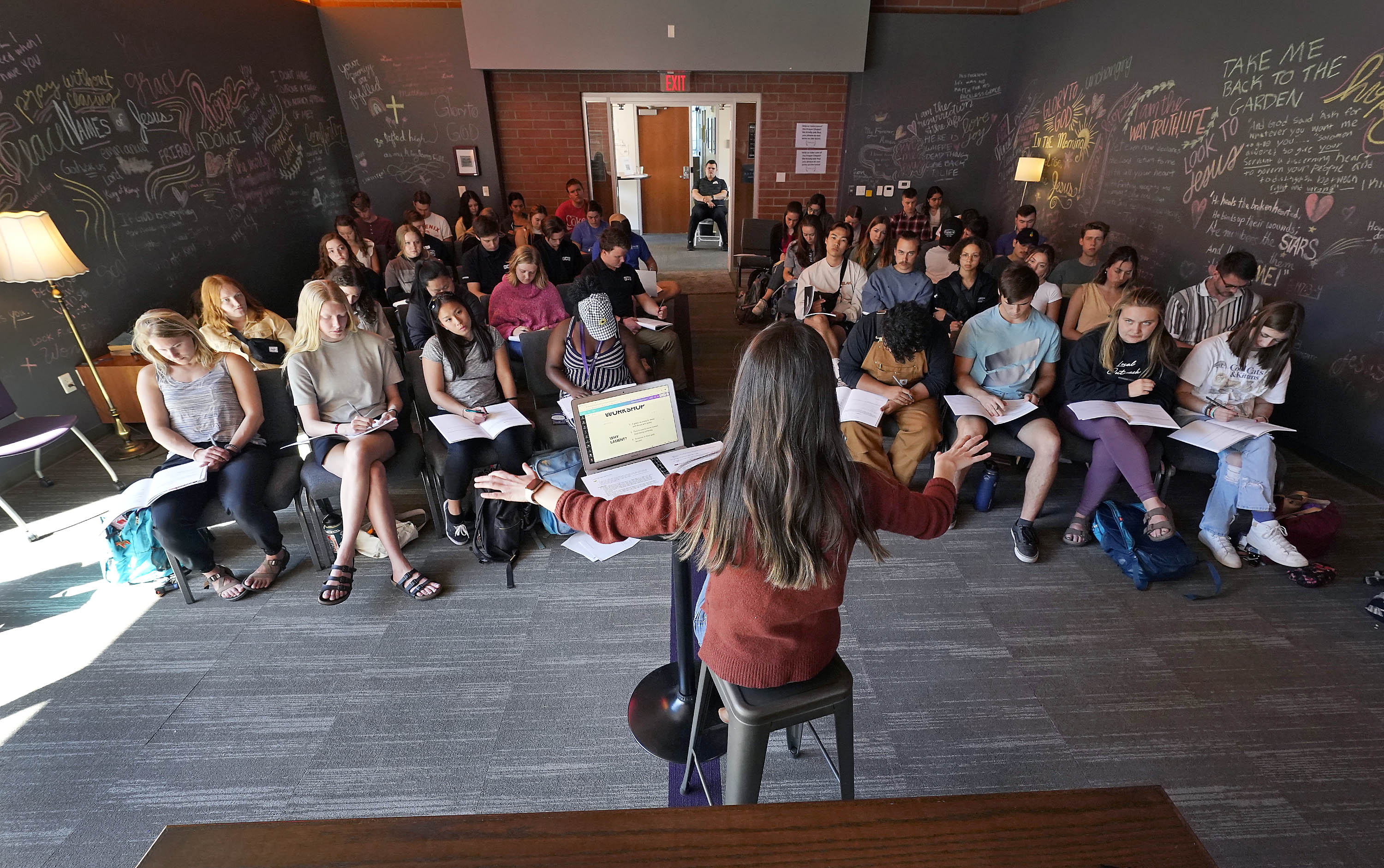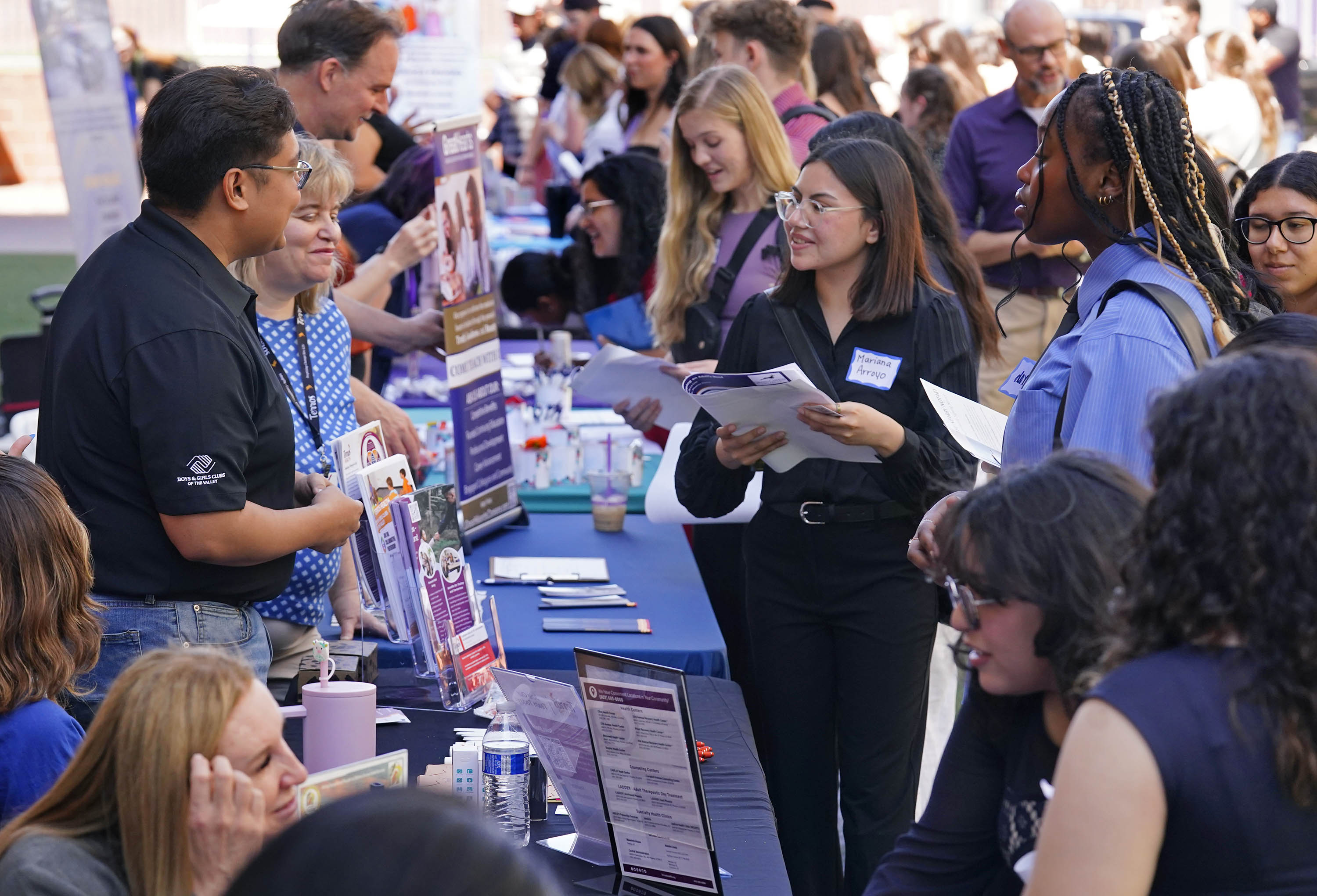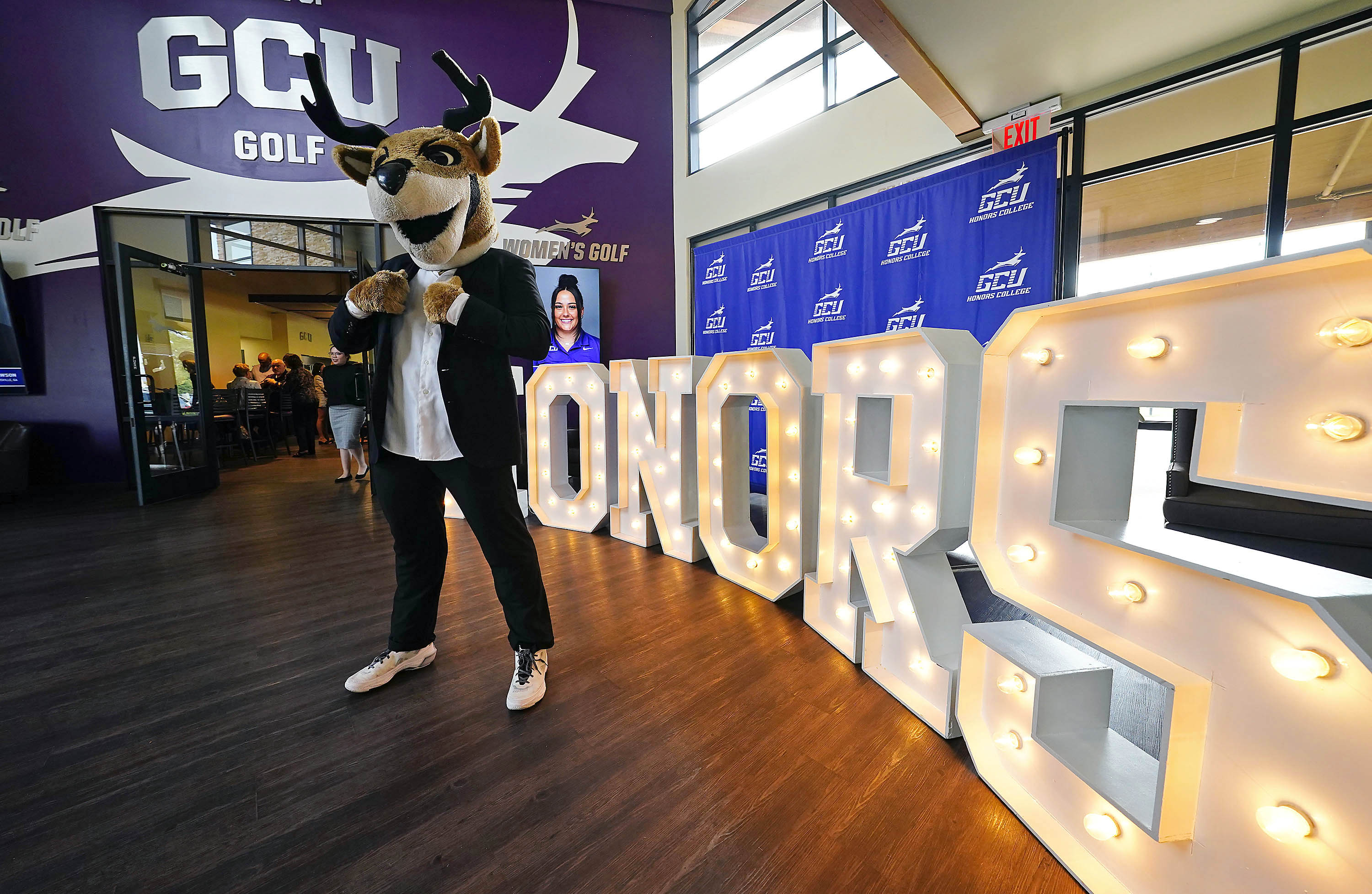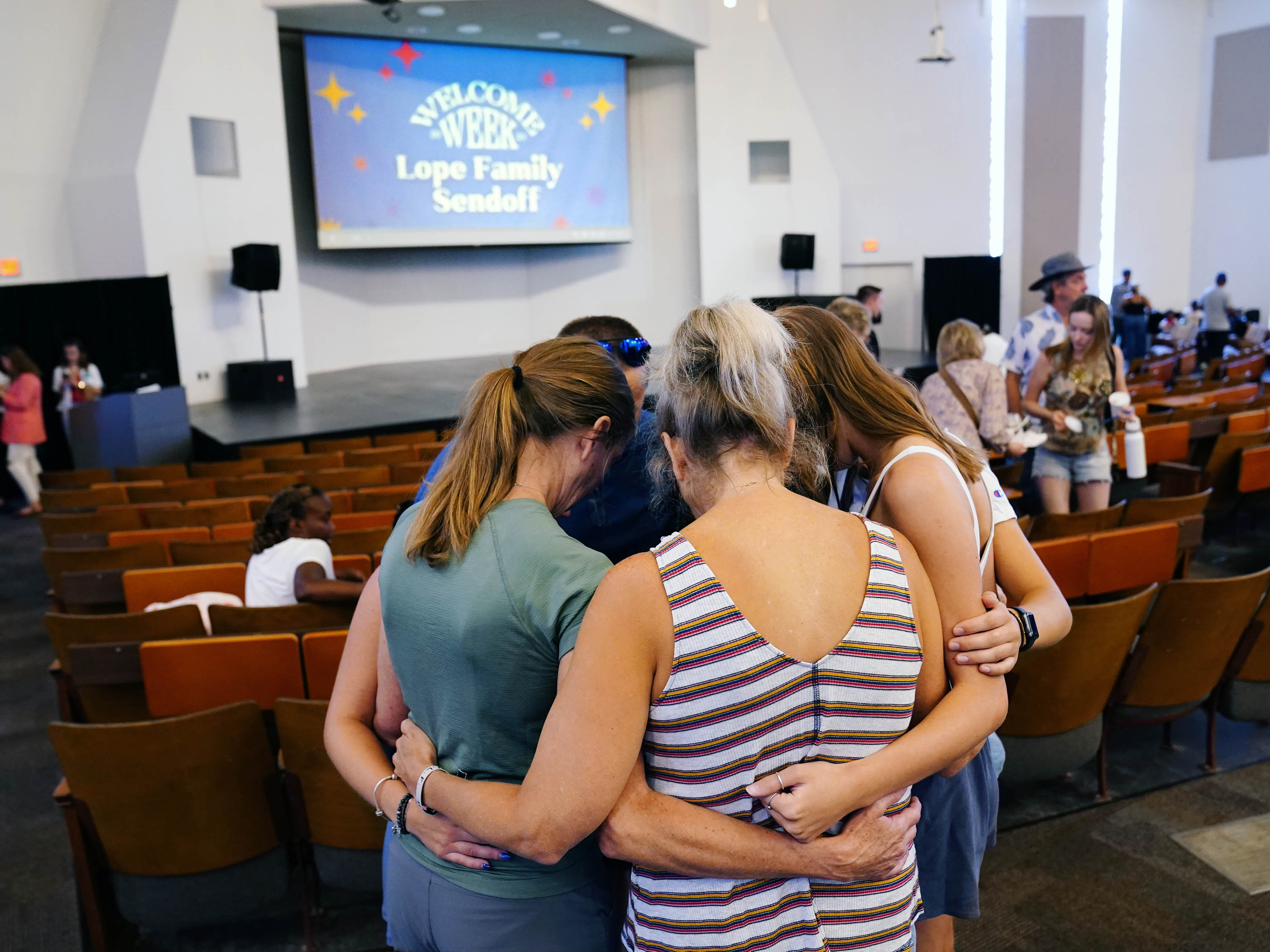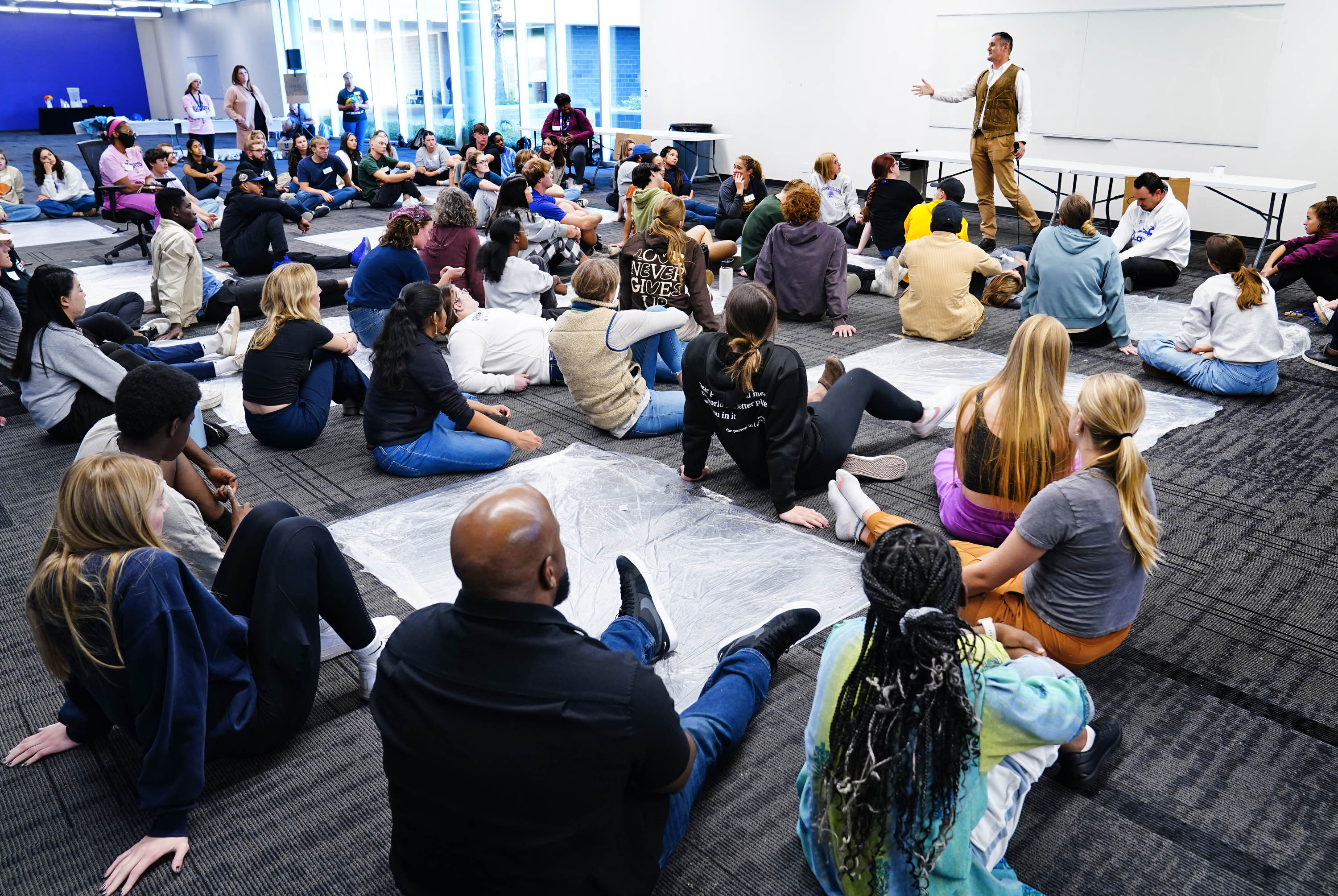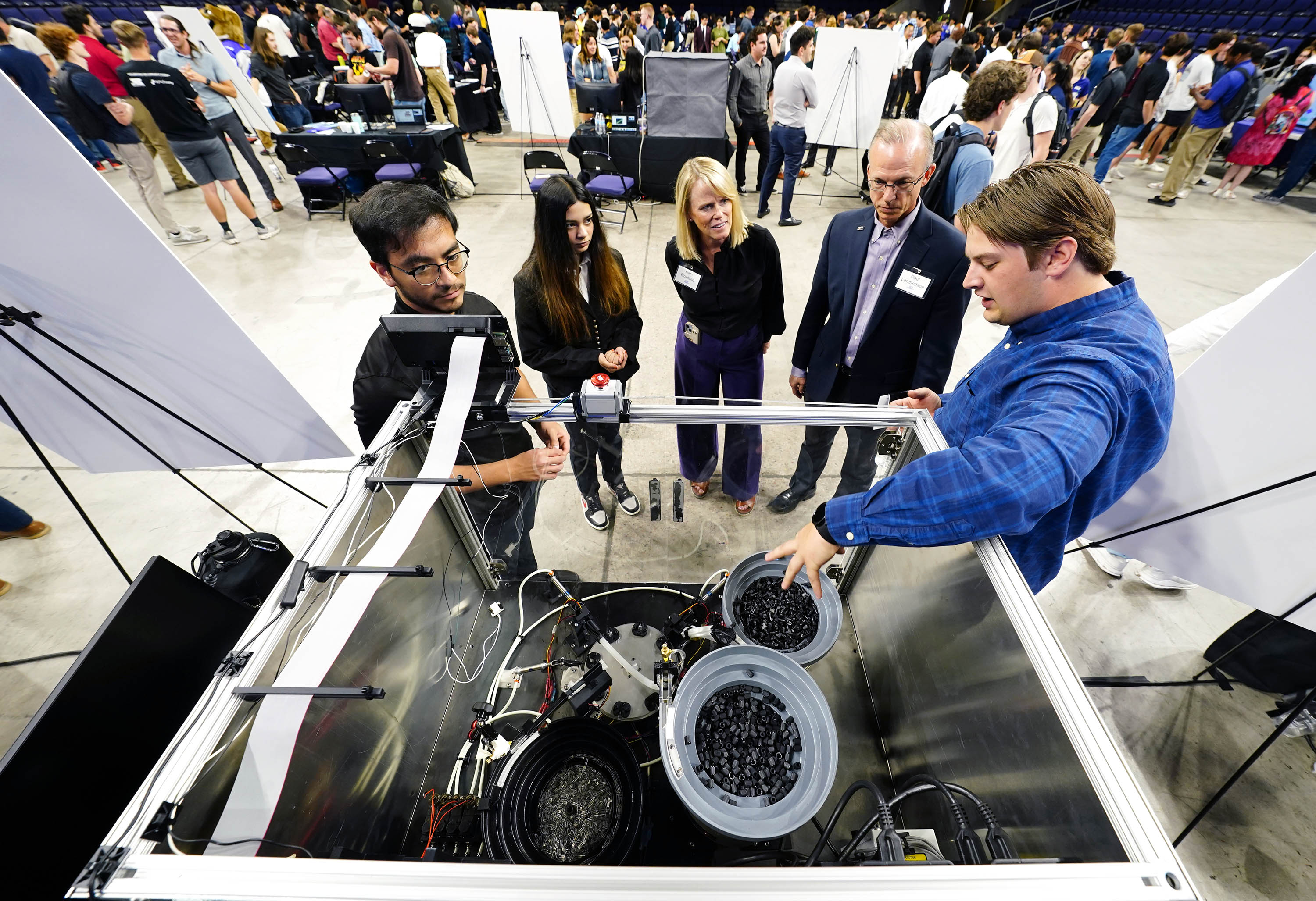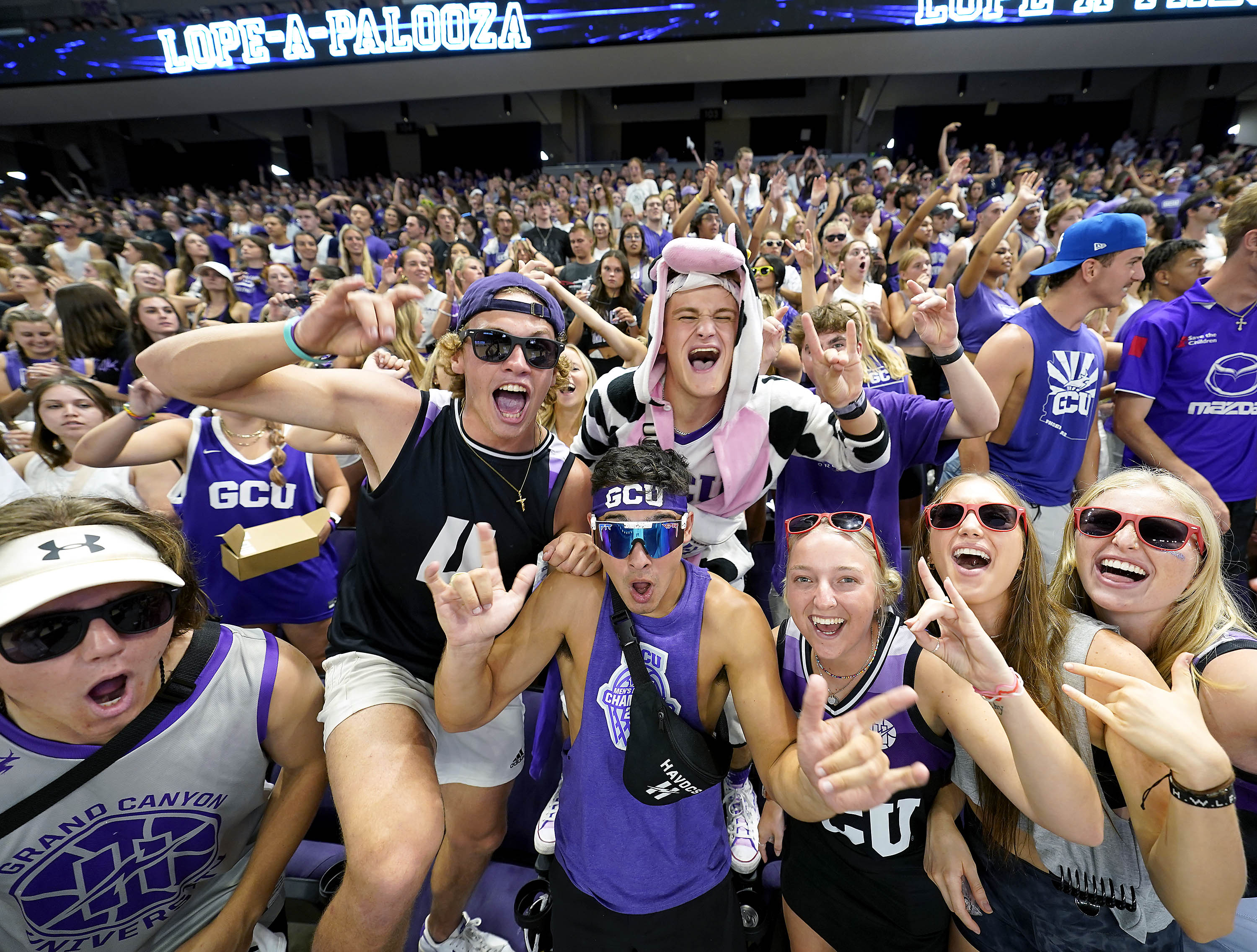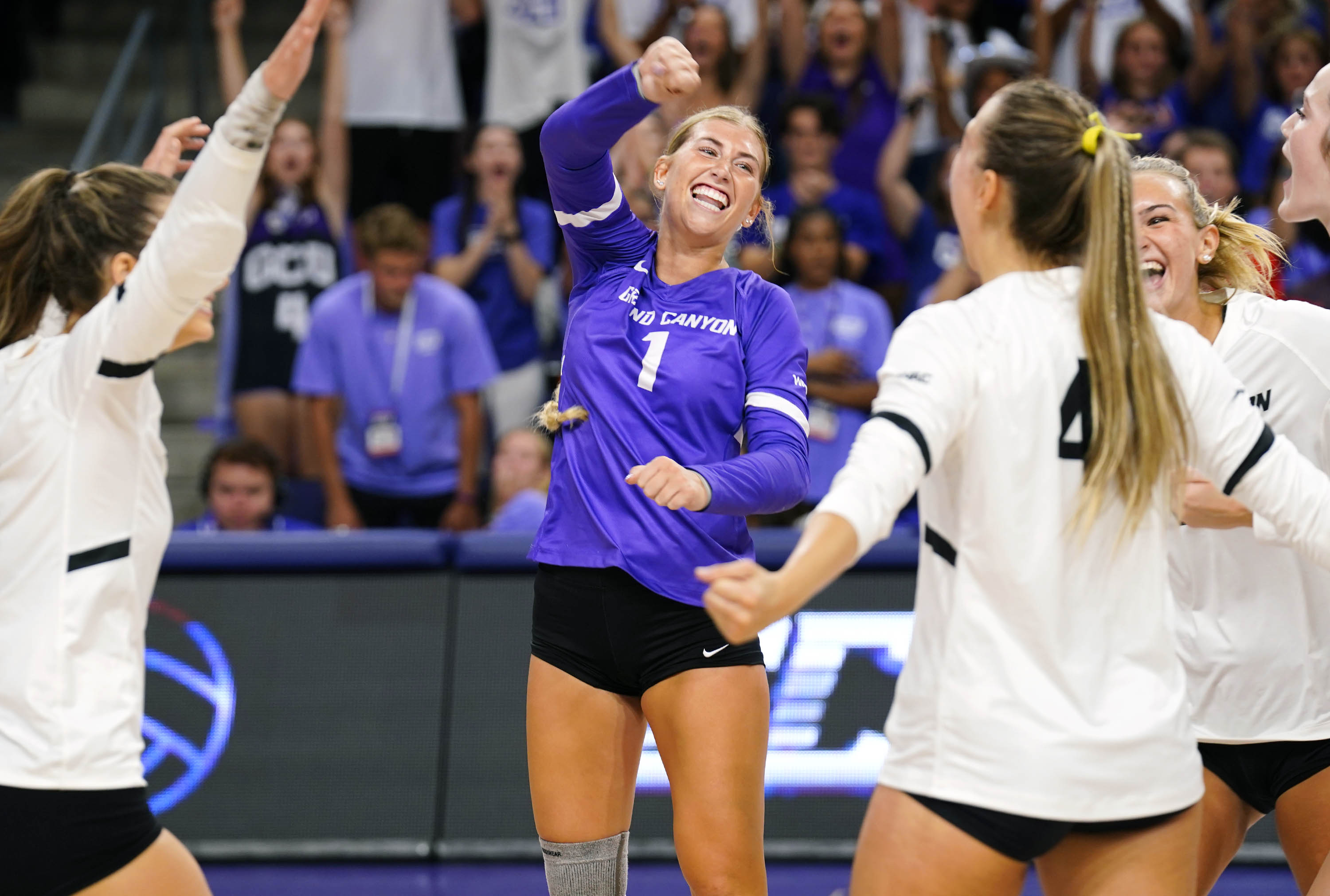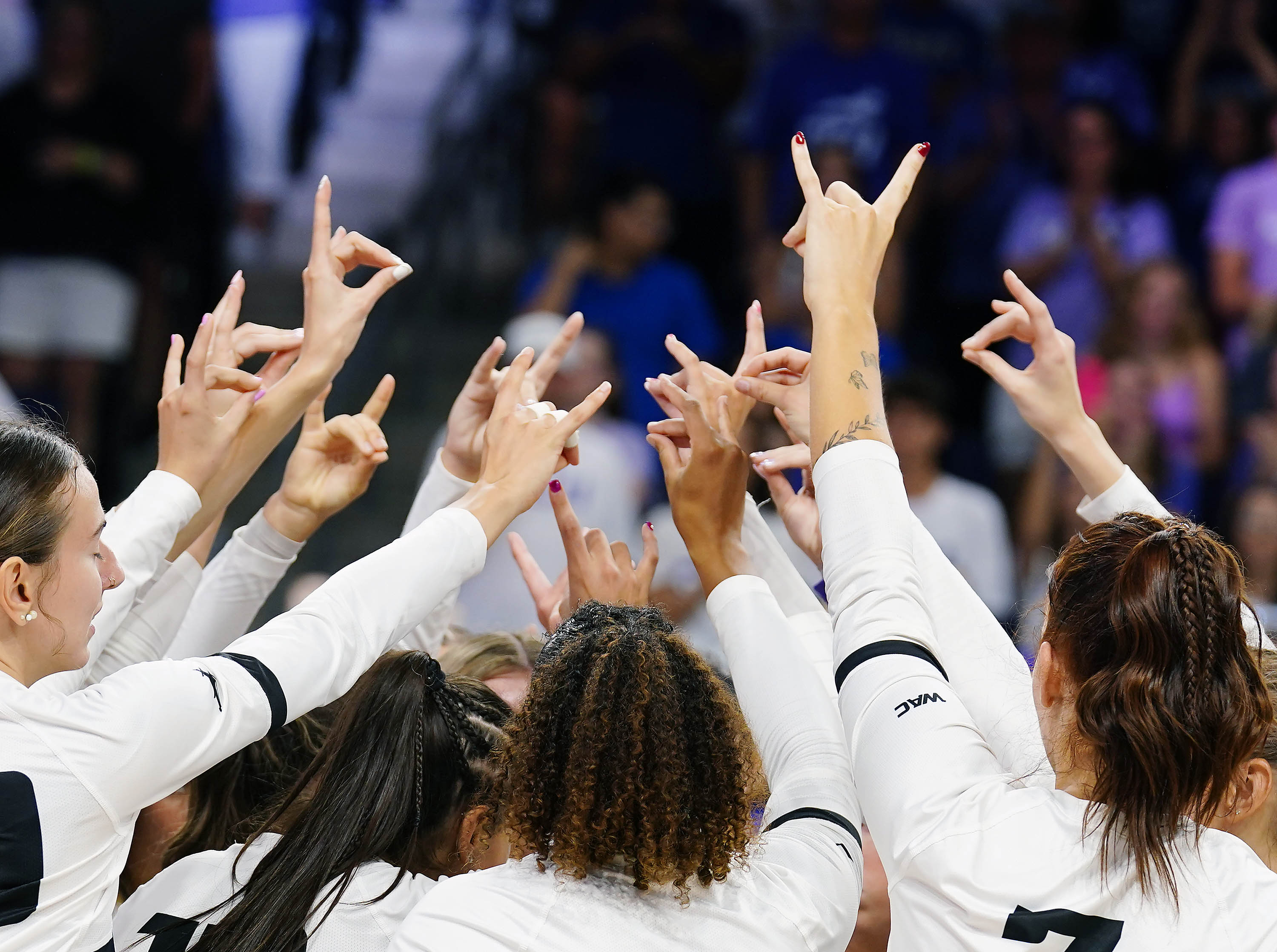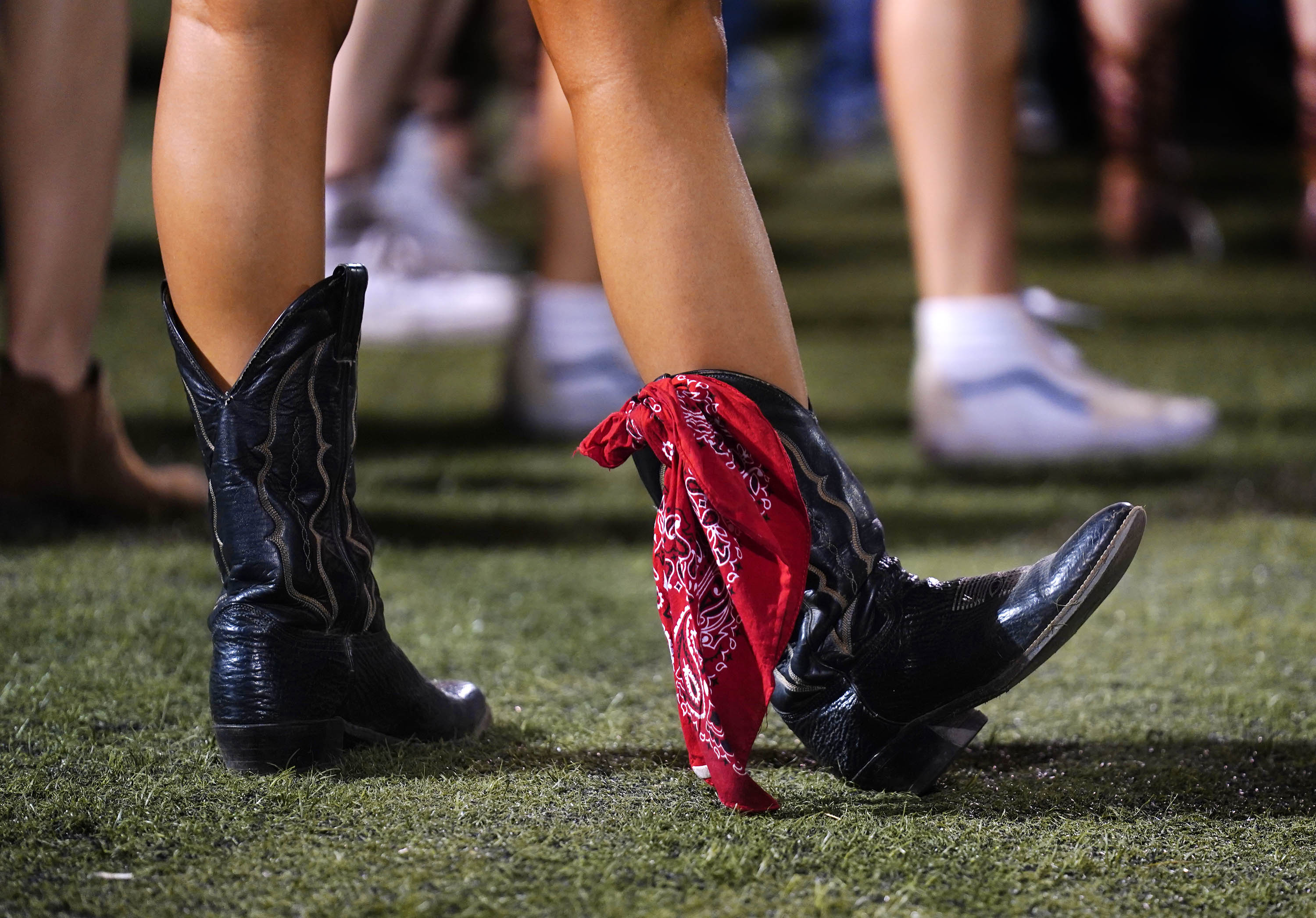When US Airways Flight 1549 went into the Hudson River in January, Sherri Shamblin had every excuse to quit her pursuit of her advanced degree.
After all, she was responsible for the training, policy and procedures for 8,000 flight attendants with the airline and she was just burdened with reassuring this corps of professionals, as well as the 1549 flight crew, in the aftermath of the near-disaster.
However, Shamblin was able to immediately incorporate lessons learned from her executive MBA classes into her current situation.
“I had to lead by serving them, and surprisingly enough, that’s what many executives tend to forget. Rather than being a self-serving leader, you need to be a serving leader,” Shamblin says.
Shamblin was one of a class of 12 in the Ken Blanchard Executive MBA (EMBA) program at Grand Canyon University, a 12-month program that is unique with its emphasis on servant leadership - or the idea of leading by serving your key constituents.
In today’s economy, an EMBA degree can be a major advantage for job seekers and professionals looking to advance within their organizations, and often employers will provide a stipend for continuing education.
According to the nonprofit Executive MBA Council’s most recent study of EMBA graduates, 23 percent reported salary increases, and 43 percent received promotions while enrolled in their programs. Nearly 75 percent said they greatly increased their value to their organizations as a result of their EMBA education.
Shamblin was drawn to the GCU program because of involvement of one of her long-term idols, business guru and “One Minute Manager” author Ken Blanchard.
“If you have any experience with managing in the workplace, Ken Blanchard is an icon,” she says.
Grand Canyon University’s EMBA graduates rate the quality of faculty, fellow students, curriculum and program management higher than graduates from full-time or part-time MBA programs, according to the 2009 GMAC Global Graduate Survey. Shamblin’s academic experience, which included three in-person residencies with Blanchard and his advisory board members including Harvey Mackay, former Southwest Airlines President Colleen Barrett and other nationally known business leaders, reinforces this research.
“It’s important for students to interact with people who have held high-powered jobs, and classmates that have different but complementary experiences to yours,” Shamblin says.
While she was enrolled in the program, Shamblin started introducing new concepts and best practices in areas that fell under her authority. The results were almost immediate. “I talked with people about things I had learned that we might implement, applying situational leadership, and people loved it. It absolutely made a difference.”
After taking early retirement, Shamblin is no longer with the airline, but she’s confident that the practices that she learned through her degree program and the experiences that she has had with the airline has prepared her for her next professional challenge.
“It seems simple but it’s easy to lose sight of it – be a serving leader,” she says.



